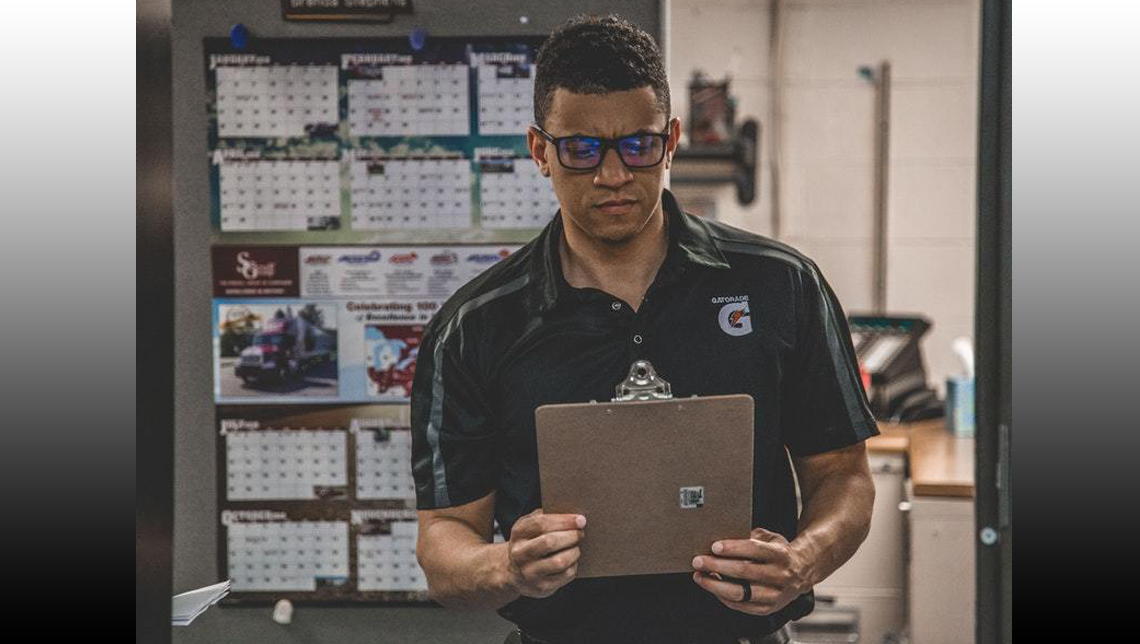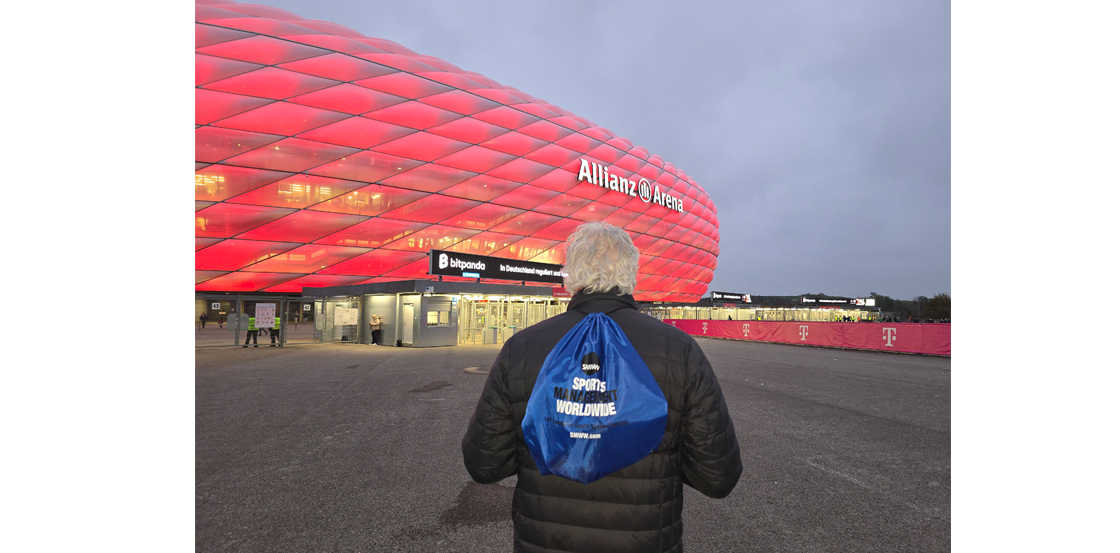
Soccer Agent Advice; How a transfer works (Part 2)
July 17, 2019
by
Our SMWW Soccer Director, John Print, and his staff has posted this three-part series in regards to football (soccer) transfer as a useful tool to help you learn the business.
Sprint MG Insight in a three-part series, breakdown the key components of a football transfer. In Part 2 we explore how a club sell’s itself to the player, the role of the agent, the growing importance of the medical and the potential issues of the work permit. (First published 13 July 2019 by )
Player Deliberation
At the same stage an agent is sorting out the contractual details, a player will often meet with their prospective future manager.
This is a highly important stage in which the player can assess the manager’s plans for him and the future goals for the team. What will his role be? How will he fit into the dressing room? How ambitious is the club? A number of questions will be asked externally and internally by the player to gauge whether he wants to move to this club. Considerations such as family, relocation, travel, learning a new language, food, lifestyle and even nightlife and weather are taken into account along with the perks of the contract being offered.

The Agent
Agents provide a necessary and key role in the football world, taking on a role in transfer negotiation that means a player can continue playing without the worry and stress of having to negotiate a deal themselves.
They also play important roles for teams and players with their connections; identification of players to buy but also finding new teams for players that are no longer needed by their current one. Agents facilitate beneficial transfers for teams and players that otherwise wouldn’t happen.
The Medical and Work Permits
Medicals are carried out by a team physiotherapist, club doctor, and a team’s fitness department. Usually, this takes place over two days at the clubs training ground, sometimes in combination with the local hospital.
They aren’t standardized but medicals will, for the most part, be looking at the same key aspects of a player’s health. Cardiovascular health with checks including ECG’s, ECHO’s, blood tests, heart fitness test evaluations, blood and urine tests. Thorough Musculoskeletal stability assessments (pelvis and lumbar regions) and checks for isokinetic issues (weaknesses that stem from how muscle groups work together). Body fat measurements, sprint tests and deep scans on any areas of the body that there has been a history of injuries.
It’s important to note that failing a medical won’t always scupper a transfer. Clubs do gamble on players and have signed them when they were injured at the time of the medical.
Work permits are required by anyone that’s over 16 and not an EU passport holder. To qualify, a player has to have played 75% of the competitive games his country has had in the previous two years, or show he was injured or unavailable for selection during that time.
If an application for a work permit is denied, an appeal can be lodged. The FA Exceptions panel in England for instance, will hear the appeal and base their decision from whether they believe the player is allowed to play would benefit the game.











